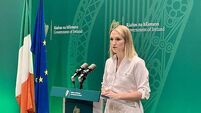Landmark clinical trial has ‘life changing’ results for Portlaoise boy
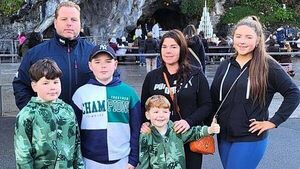
By Bairbre Holmes, PA
A boy from Portlaoise who was part of a “landmark” medical study has experienced “life changing” results.
Nine-year-old Andy Cash was diagnosed with Adenosine deaminase-deficient severe combined immunodeficiency (ADA-SCID), a rare life-threatening condition, when he was just three weeks old.
The disease is caused by mutations in the gene that creates an enzyme essential to the immune system; left untreated, it can be fatal within the first two years of life.
Children with ADA-SCID have no immune system, meaning everyday activities like going to school or playing with friends can lead to dangerous infections.
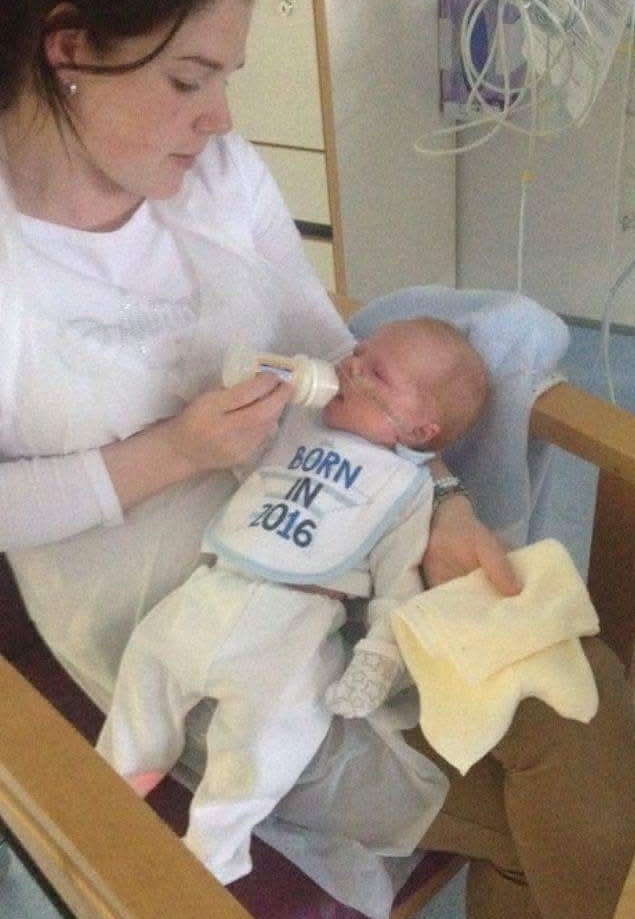
Andy’s mum Mary said, after he was diagnosed, he had to be kept in isolation to keep him safe.
Until now patients have had to endure a gruelling regime of enzyme-replacement therapy once or twice a week, monthly infusions of antibodies and preventative antibiotics, all until a suitable bone marrow donor could be found.
She said when Andy started treatment “the clinical team looked for a bone marrow transplant donor but one couldn’t be found globally.
“Family members and his three older siblings were tested but none of them were a match unfortunately.”
The family were then told of the trial which was taking place at Great Ormond Street Hospital (GOSH) in London.
Researchers there were part of an international team developing a form of gene therapy.
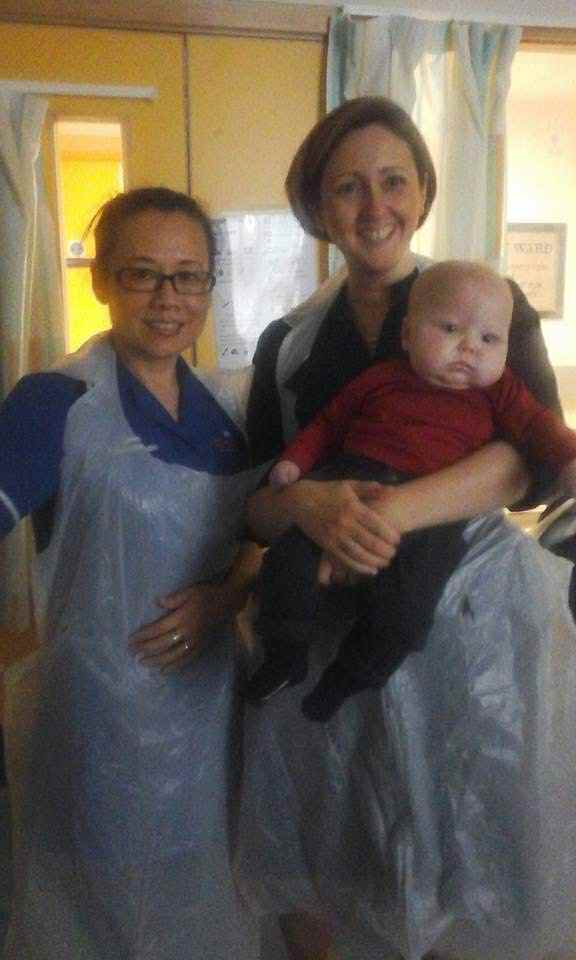
This method involves patients’ cells being removed, modified in a lab, and then returned to their body, with the aim of replacing the original damaged cells.
They treated 62 children and young people in the UK and US and followed them for up to a decade, researchers found 95 per cent of the group were cured.
None who were treated had serious complications, and those who did not respond to the treatment later received bone marrow transplants.
The children who were successfully treated have been able to get routine vaccinations like the MMR jab, something that previously was impossible.
Because of his lack of natural immunity simply getting to the hospital where the trial was taking place was an intense process for Andy’s family,
“We isolated in hospital for a few months and then at home, before taking the ferry to England and travelled through the night to GOSH to make it as safely as possible for Andy,” his mum said.
They stayed at Great Ormond Street for two months following his treatment and returned home to County Laois when Andy was five months old.
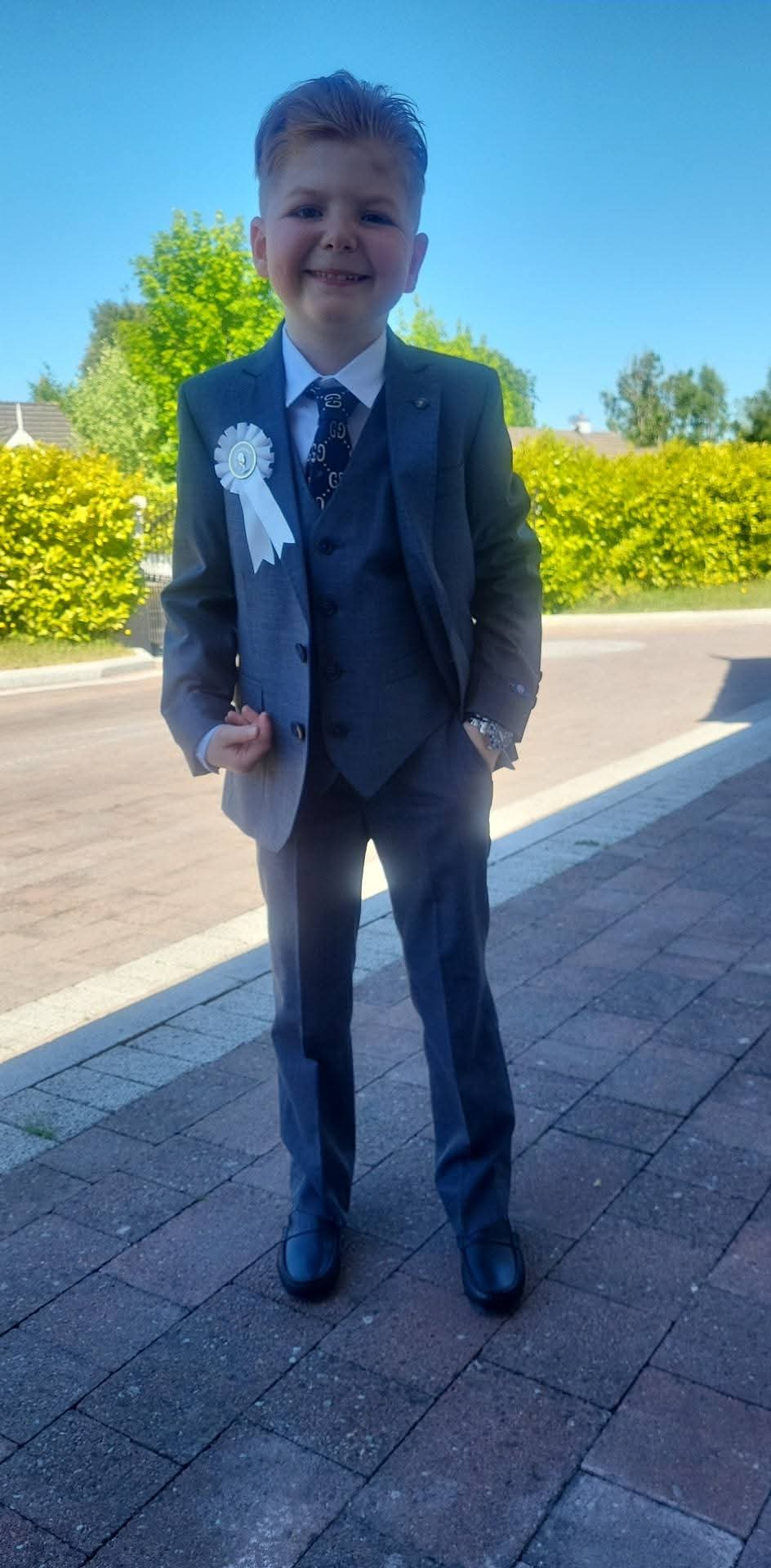
He is now a keen boxer and his mum describes him as “full of energy” saying “he makes friends wherever he goes – he’s like a mini celebrity, wherever he goes everybody loves him, he’s very charming!”
The Cash family say they are “incredibly grateful” Andy was able to access the treatment.
Professor Claire Booth, the lead for the clinical trial is also grateful, saying the trial will also benefit people with other diseases.
She said: “It is very reassuring for other conditions treated using the same techniques, showing that it works in the long term and is safe.”


